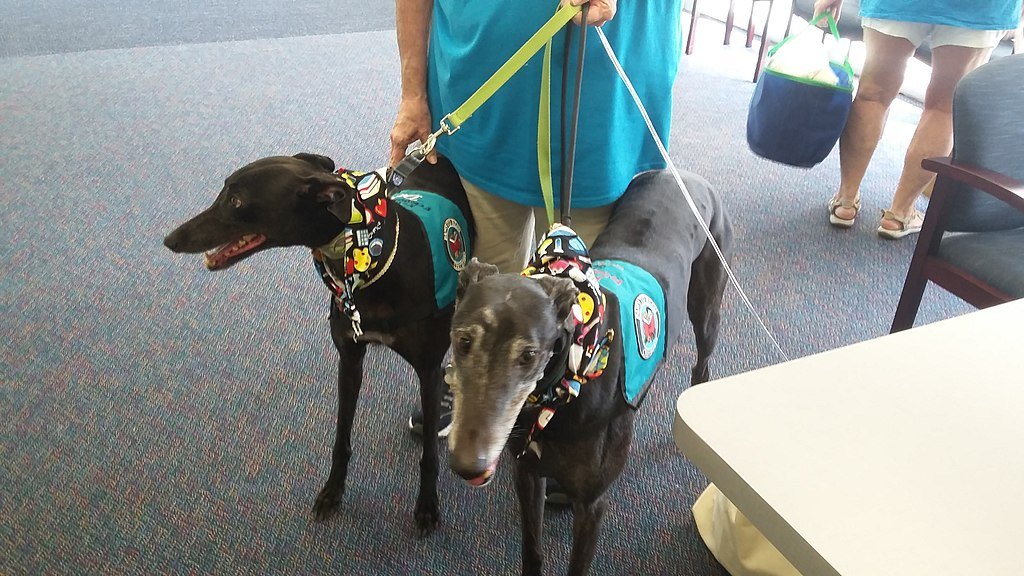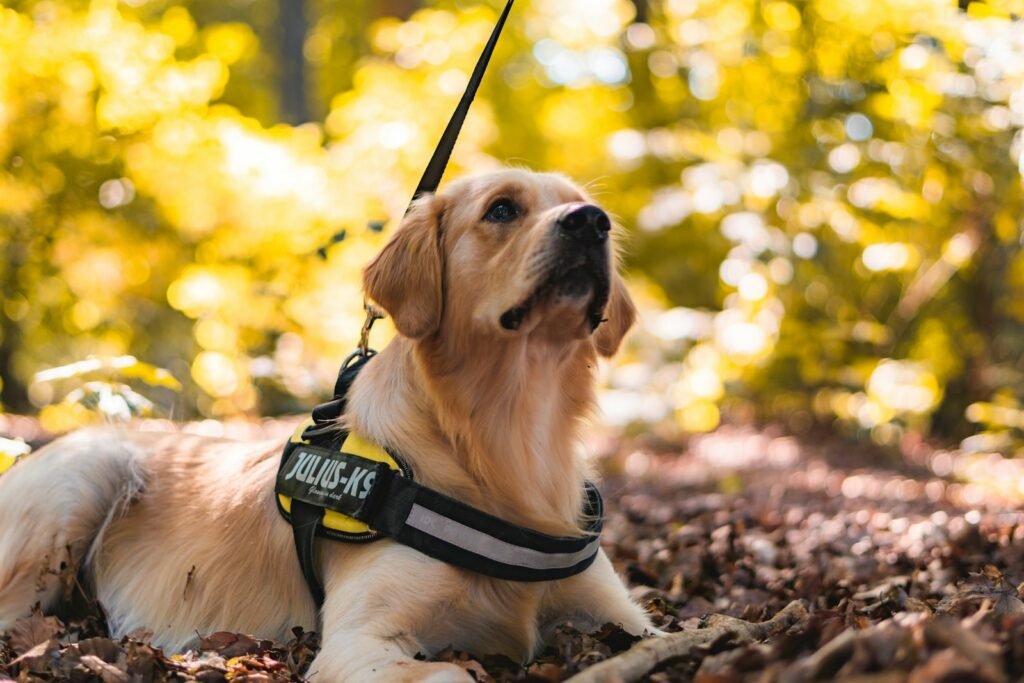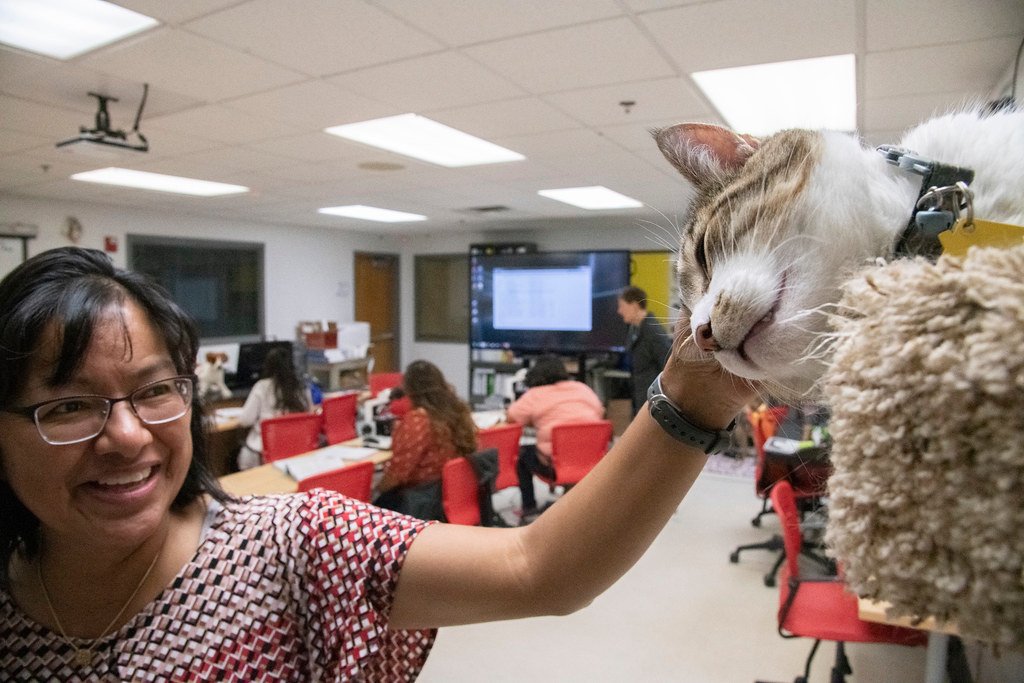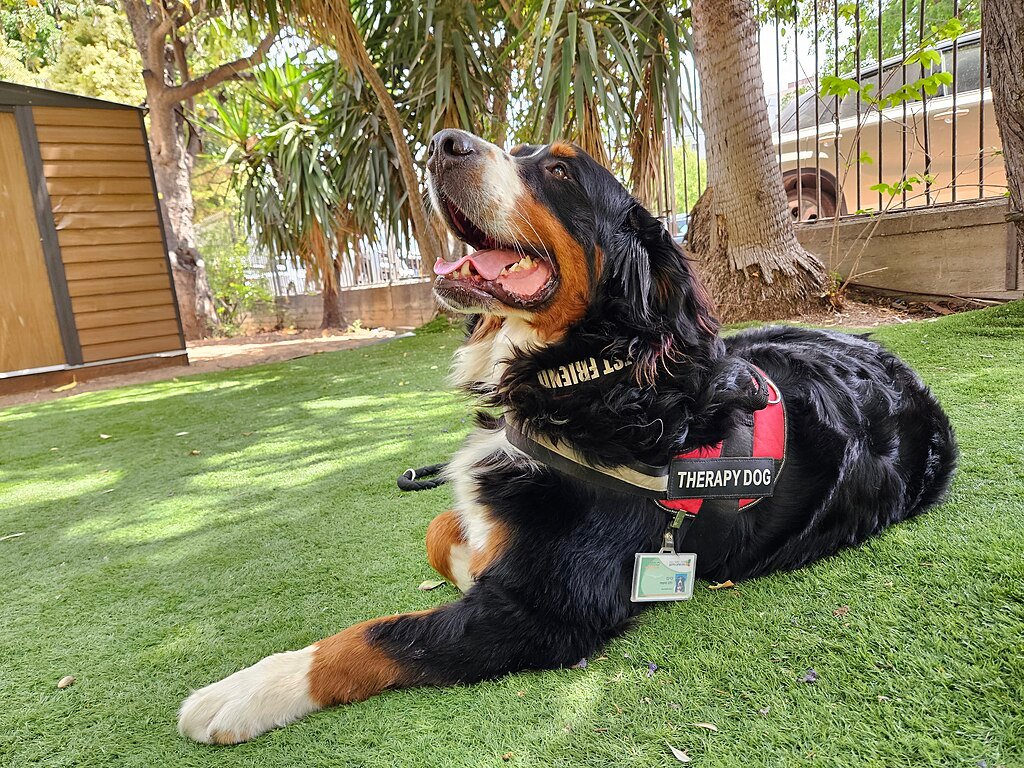Animals have always held a special place in our hearts and lives, from cats purring on our laps to guide dogs leading the way. Beyond companionship, they significantly impact our health and wellbeing—often in ways we might not expect. This connection spans from providing emotional support to contributing to groundbreaking medical research. Let’s explore the extraordinary ways animals enhance human health, fostering a profound bond between species.
1. Therapy Animals Ease Anxiety and Depression

Therapy animals, particularly dogs and cats, play a crucial role in alleviating symptoms of anxiety and depression. Their calming presence can help lower stress levels, reduce heart rates, and introduce a sense of routine and responsibility, particularly beneficial for those dealing with mental health issues. Programs like animal-assisted therapy utilize these relationships, enabling individuals to cope better with their emotions.
2. Pets Encourage Physical Activity

Owning a pet, especially active ones like dogs, inherently promotes a more active lifestyle. Regular walks or playtime in the park ensure pet owners maintain a level of physical activity, which is crucial for cardiovascular health and weight management. This can lead to lower blood pressure and reduce the risk of related diseases.
3. Cats Enhance Heart Health

Studies have shown that cat ownership can significantly reduce the risk of dying from heart attacks and other cardiovascular diseases. The mere act of petting a cat can release calming chemicals in the brain, often resulting in reduced anxiety and a lower risk of heart disease. Their purring is not just soothing but also carries healing properties.
4. Service Animals Increase Independence

Service animals are trained to assist individuals with disabilities, providing them with greater independence. From guide dogs for the visually impaired to alert dogs for those with seizures or diabetes, these animals are essential companions. They provide both practical assistance and emotional support, improving the quality of life for their humans significantly.
5. Dogs Detect Diseases

With their incredible sense of smell, dogs can be trained to detect diseases, including certain types of cancer and neurological disorders like Parkinson’s disease. Their noses are sensitive to changes at a molecular level, which can be lifesaving for early detection and intervention.
6. Animal Research Improves Medical Treatments

Animals have been integral to numerous medical breakthroughs. From mice models used in research labs to assess drug efficacy to the development of vaccines and surgical procedures, animals have helped pave the way for human medical advancements, improving care and treatment outcomes.
7. Horses Offer Equine Therapy

Equine therapy, or therapeutic horseback riding, benefits individuals with disabilities or mental health conditions. The movement of the horse helps improve balance, coordination, and muscle tone. Riding also boosts emotional regulation and builds confidence, adding valuable therapeutic benefits.
8. Animals as Classroom Stress Relievers

In educational settings, animals, often in the form of classroom pets or visiting therapy animals, reduce student stress and anxiety. Their presence helps create a more relaxed and open learning environment, encouraging social interaction and improving focus and academic performance.
9. Fish Tanks Foster Relaxation

Aquatic environments, like fish tanks, are known for their tranquil and calming influence. Watching fish swim can lower blood pressure and reduce stress, making them a staple in many waiting rooms. The maintenance of these tanks also adds a routine that can be soothing for the handlers.
10. Animal Companionship Reduces Loneliness

The presence of a pet offers companionship that can stave off feelings of loneliness, particularly in the elderly. This companionship is linked to better mental health and a reduced perception of isolation, often translating into a longer, happier life.
11. Birds Boost Mood and Encourage Mental Clarity

Birds, with their vibrant colors and melodic songs, can enhance mood and promote mental clarity. Caring for a bird provides a sense of purpose and vitality, which can be especially beneficial for individuals needing mental stimulation and emotional support.
12. Animals Aid in Socialization

Animals act as social facilitators, helping break communication barriers. Whether it’s parks teeming with dogs and their enthusiasts or cat cafes, animals encourage social interaction, which can lead to friendships and social networks that improve mental health and community engagement.
13. Poultry Provides Nutrients and Joy

Chickens and ducks are not only sources of fresh eggs rich in nutrients but also bring joy through their quirky behaviors and routines. Managing these birds encourages an active lifestyle and provides a rewarding agricultural experience, contributing positively to mental wellbeing and diet.
In conclusion, animals impact human health in diverse and profound ways. From offering companionship to aiding medical research, they enrich our lives both physically and emotionally. This enduring bond highlights the importance of animals, not only as companions but also as vital contributors to health and happiness across human society.




